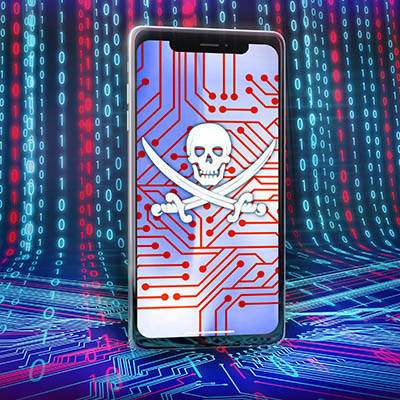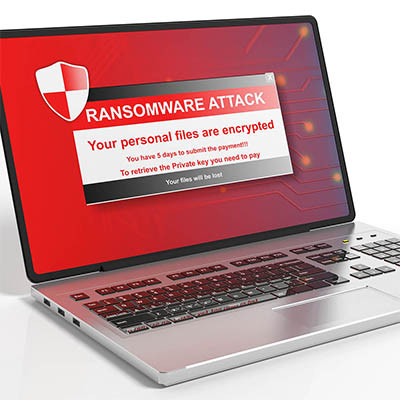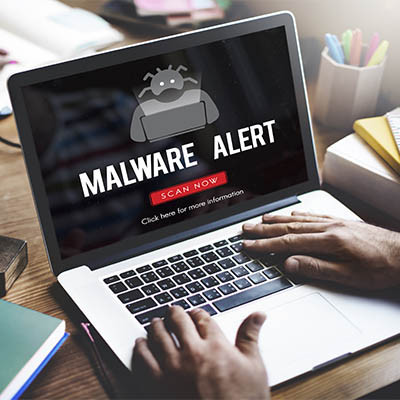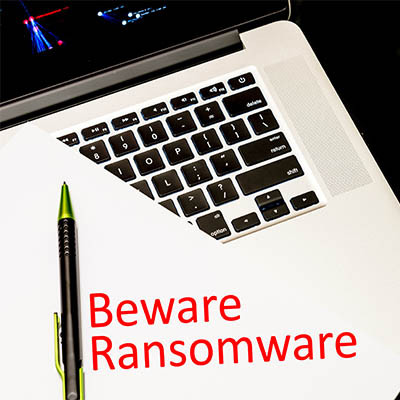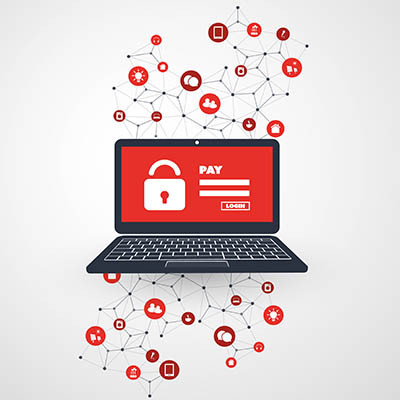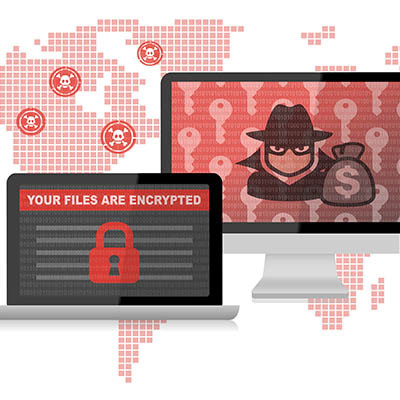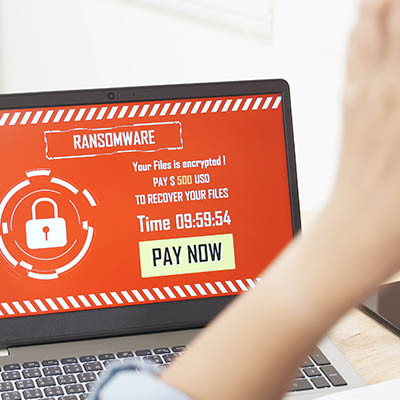Some businesses struggle to obtain the appropriate software solutions, especially if they are on a budget. Some even choose to take advantage of free, open-source software simply because it helps their bottom line. There are some benefits to using open-source software, but there are also dangers involved.
Cerberus IT Solutions Blog
It’s the holiday season, and with it comes a multitude of hackers trying to cash in on everyone’s online purchases. These phishing scams always increase when the holiday season comes around, so it’s best to stay vigilant so that you don’t give yourself the gift of sadness this year. One such threat is already here, and it’s voice spoofing of Amazon orders.
Businesses and their employees ultimately need a lot of different online accounts, which means there are a lot of passwords that need to be sorted. To assist with this, many have turned to using password managers—applications that store passwords in an encrypted vault. There are a lot of reasons that these password managers are a popular choice. Let’s go over a few of them.
Network security is not the easiest thing to implement for your business, and you definitely need someone trained in this topic to be the one behind the wheel. Thankfully, the correct solutions can make this much easier to pull off. Here are some of the best and most important security solutions you should be considering for your organization.
Many people use smart speakers throughout their day-to-day lives, whether it’s as a personal assistant or to control their home entertainment system. However, one of the topics up for discussion is how secure these devices actually are and whether or not we should be concerned about them. Just how secure are your smart speakers and what can you do about their security?
Do you remember the series of high-profile infrastructure attacks that occurred not so long ago this year? Well, now the United States government is taking matters into its own hands by ordering the patching of various vulnerabilities in affected systems. It’s a massive effort to thwart hackers and other cyberthreats from taking root in vulnerable systems.
Smart devices have enabled individuals and businesses to push the limits of connectivity, allowing them to have unprecedented amounts of control over their offices and homes. People can turn down their thermostats or lock the front door with the click of a button, as well as control how much power their homes consume. However, security is a pain point for these types of connected devices.
There is such a heavy focus on malware that targets desktop PCs, laptops, and servers, but there are mobile malware types too, one of which is TangleBot, a pesky malware that hits the Android operating system. This particular threat is dangerous due to the increasing reliance on mobile technology in today’s workplace.
When it comes to your network security, there is a lot your company can do to take it seriously. However, one thing that a lot of organizations neglect is actively monitoring their networks for things that don’t quite make sense. Why is it so important to monitor your network, and how can you make sure that it happens in a way that is proactive for your company?
Incorrect configurations on your infrastructure’s hardware are surprisingly easy mistakes to make, and even worse, they can have severe security ramifications if they are not discovered promptly. It can happen to anyone, as evidenced by a recent data leak. One of the most popular software developers out there, Microsoft, made a pretty nasty blunder with one particular setting that led to a huge data leak that could have exposed millions of records.
Ransomware is such a major problem for computing-dependent organizations that even government agencies are getting involved, equipping businesses and organizations with tools to help themselves identify whether or not they are at risk of these attacks. The most recent addition to this group, the United States’ Cybersecurity and Infrastructure Security Agency (CISA) have made their Ransomware Readiness Assessment, or RRA, available as part of its Cyber Security Awareness Toolset.
Phishing attacks are a major problem that all businesses must be prepared to handle. Sometimes it comes in the form of messages or web pages designed to steal information from your employees, but other times it might come in the form of phone calls asking for IP addresses or network credentials under the guise of your IT department. It’s especially important that your staff members understand how to identify these tricks, and it all starts with phishing training.
A new ransomware threat has surfaced, this time targeting unpatched and end-of-life products in SonicWall’s line of Secure Mobile Access (SMA) 100 series and Secure Remote Access (SRA) products. The threat is currently being exploited in the wild, so if you utilize these devices in your business, it is your responsibility to take action to mitigate damages caused by these ransomware attacks now.
Ransomware has been a scourge to businesses for years now, with it unfortunately experiencing a renaissance of sorts as the COVID-19 pandemic came to the fore. With increased phishing attacks and other means of spreading ransomware now taking advantage of the ongoing situation, it is all the more important that these attempts can be identified and mitigated.
Data breaches are an unfortunate reality that businesses have to contend with, but small businesses often do not give them the consideration that they deserve. It is critical that you consider security challenges and take these risks seriously. Let’s examine how you can overcome some of the many challenges that small businesses have with cybersecurity.
Countless high-profile ransomware attacks have surfaced over the past several years, all against targets like manufacturers, pipelines, hospitals, and utility companies. Obviously, these attacks are a cause for concern, but some small businesses might make the mistake of thinking themselves too small to target. Unfortunately, this is simply not the case; we’ll help you protect your business from these devastating cyberattacks.
Hackers are a crafty bunch. They will use any and all means to infiltrate businesses, including some that are downright shameful. One of the most devastating ways that hackers make these attempts is through the use of phishing attacks, or attacks where they essentially trick users to click on links in emails or hand over confidential information.
This past May, Ireland’s Health Service Executive—the organization responsible for providing healthcare and social services to the country’s residents—was successfully targeted by a major ransomware attack. Unfortunately, we are still talking about it now because the entire situation has forced us to acknowledge the aftereffects of such an event.








